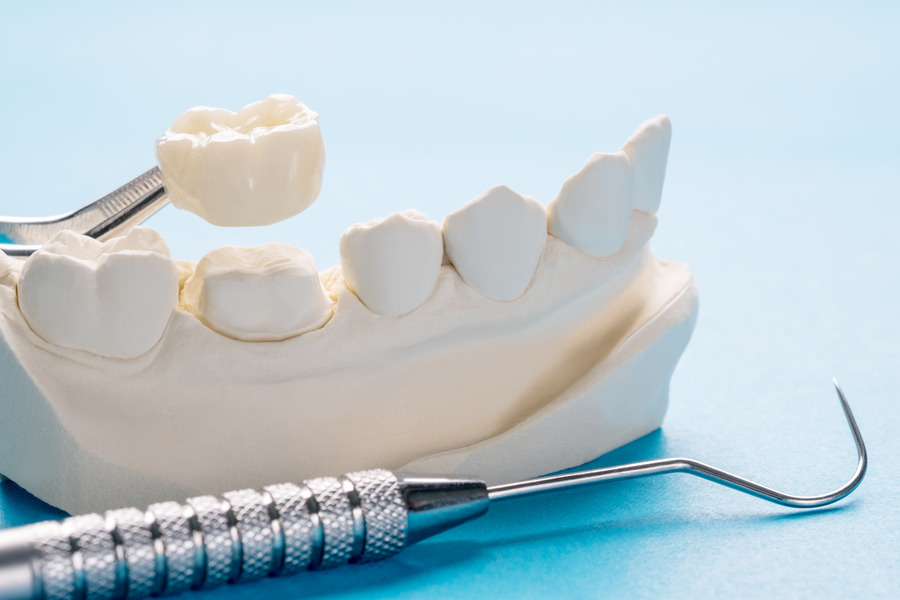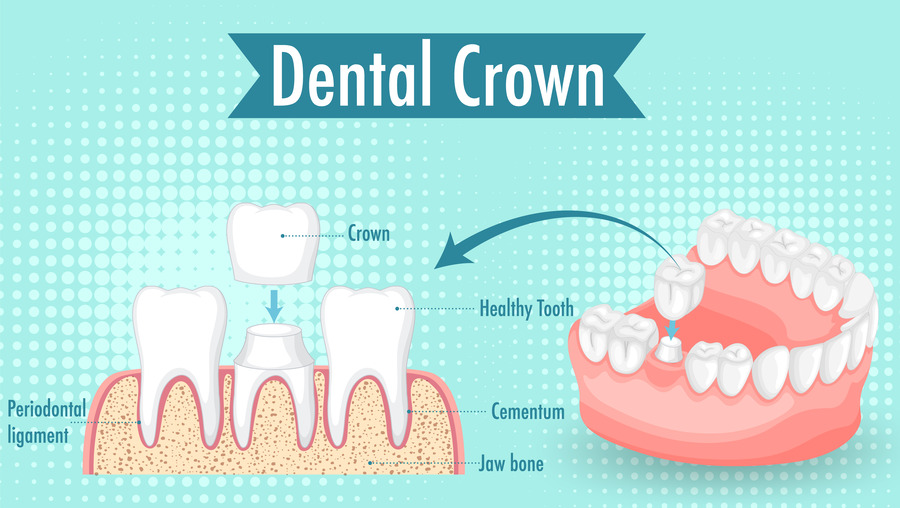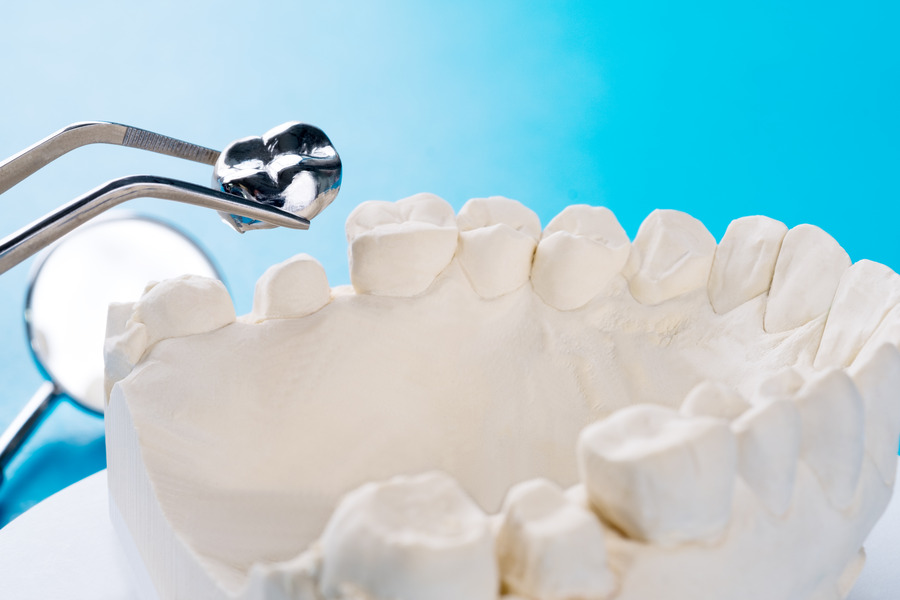Crown Porcelain
Crown porcelain is used for dental restorations such as crowns and veneers. Ceramic crown porcelain has a translucent characteristic that allows light to pass through it. As closely as possible, it resembles teeth.
Crown porcelain surgery for dental restorations is renowned both for its great cosmetic qualities and its ability to withstand stress. Also, they are quite biocompatible. Therefore, most patients experience no side effects and their bodies tolerate them well.

What is the price of crown porcelain surgery in Pakistan?
The cost of porcelain crown surgery in Pakistan ranges from PKR 10,000 to PKR 50,000.

What diagnosis leads to crown
porcelain?
The following conditions are generally treated with porcelain crowns:
- An infected tooth that has been treated with a root canal
- A tooth with a substantial filling that is poorly fitted
- Broken or imperfect teeth
- A tooth that is severely discoloured or misaligned
- An extremely worn-down tooth caused by grinding or bruxism
What is the procedure for Crown Porcelain surgery?
As part of the surgery process for receiving crown porcelains, the following steps are usually taken:
Step 1: The dentist will first assess the tooth to see if a porcelain crown is required. It will be cleaned, any decayed or damaged tissues removed, and the remaining tooth structure shaped to accommodate a crown.
Step 2: Taking an impression of the tooth and the teeth around it happens after the dentist cleans the tooth. A tooth mold is created based on this impression. After that, it is taken to a dental lab where it is made into a porcelain crown.
Step 3: The dentist will install a temporary crown on the tooth to safeguard it and provide support while the permanent crown porcelain is produced.
Step 4: The dentist will remove the temporary crown and place the permanent one on the tooth after the permanent crown is made of porcelain. If necessary, the dentist will modify the crown to ensure it is snug and comfortable.
Step 5: Dental cement will be used to adhere the porcelain crown to the tooth after it has been affixed by the dentist. By using a special laser, the cement is hardened and anchored to the crown.
What are the risks and complications associated with Crown porcelain surgery?
Crown porcelain is associated with the following risks and complications:
- An uncomfortable or sensitive feeling
- Fracture or chipping
- Reactions caused by allergies
- Loosening
- Decomposition
- The infection

What to expect after crown porcelain surgery?
The treated tooth may experience some discomfort or sensitivity for the first few days following placement of a dental crown porcelain.
The pain can be controlled with over-the-counter painkillers, or, in some cases, prescription painkillers. Additionally, patients should refrain from consuming anything hot or cold until the sensitivity subsides.
Dental Crown FAQs
Frequently Asked Questions
What is a crown?
Crowns are an ideal restoration for teeth, which have been broken, or have been weakened by decay or by placing a very large filling. Root treated teeth may require a crown to protect the remaining tooth.
What are crowns made of?
Crowns are made of a variety of materials and new materials are constantly introduced on the market. Different materials are used for different procedures.
